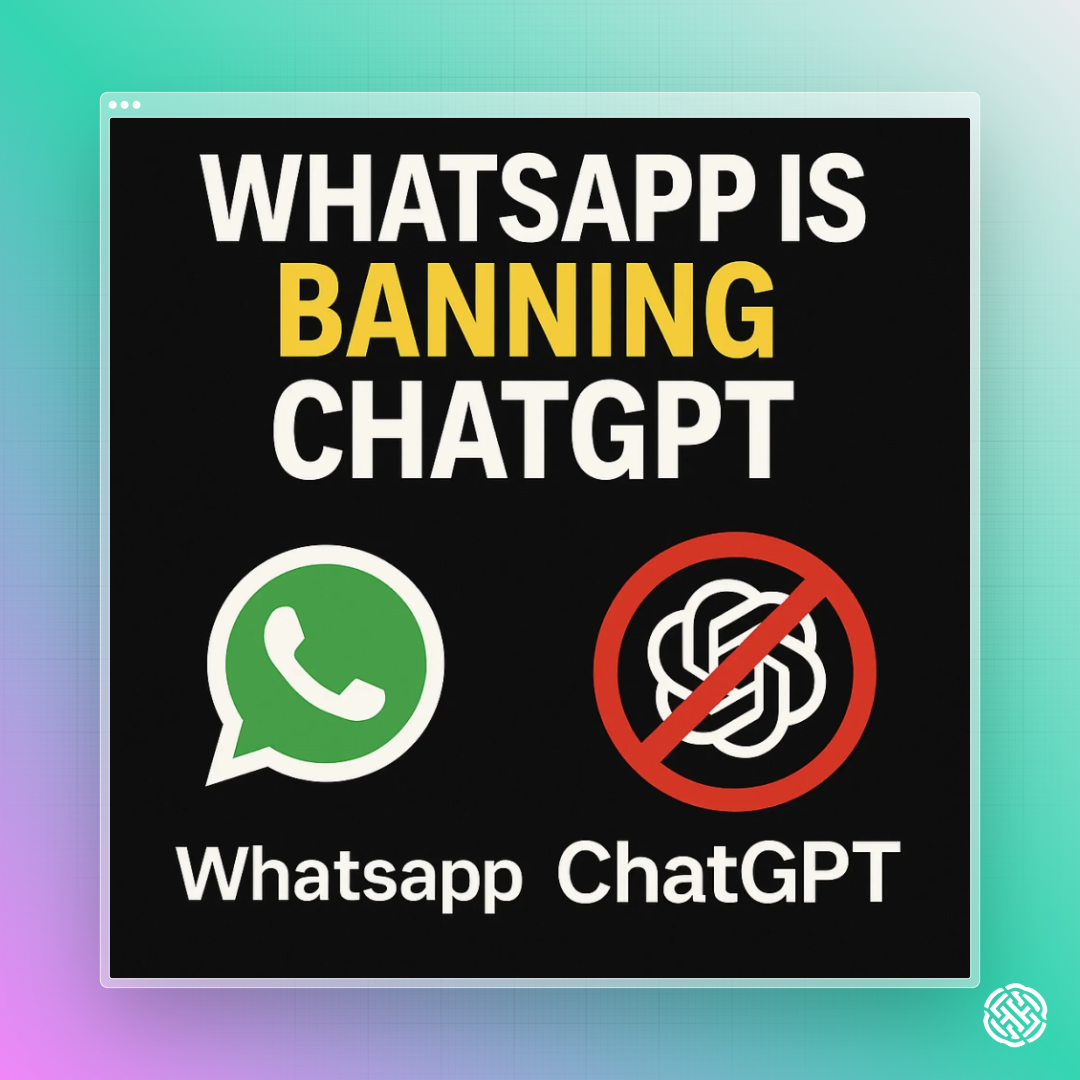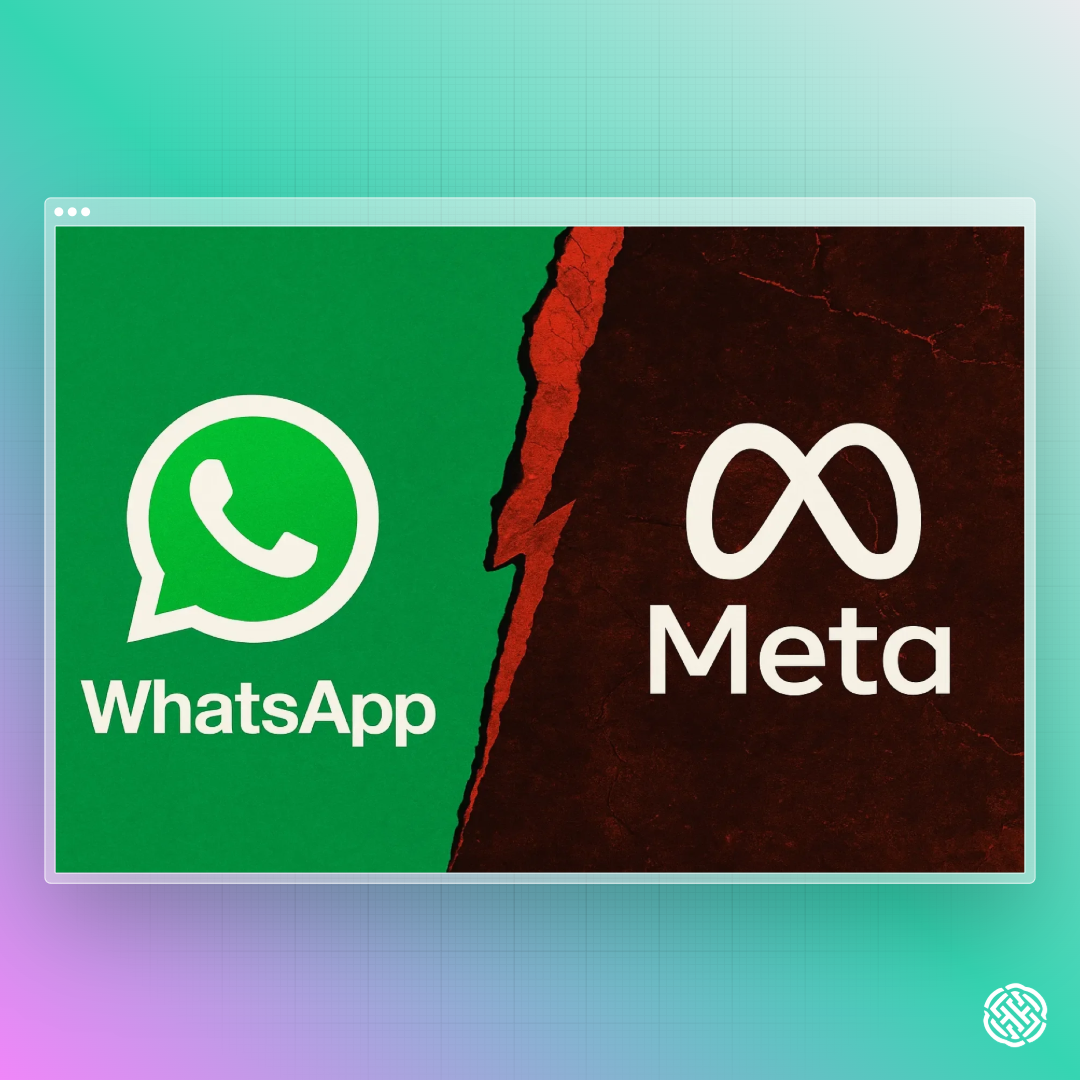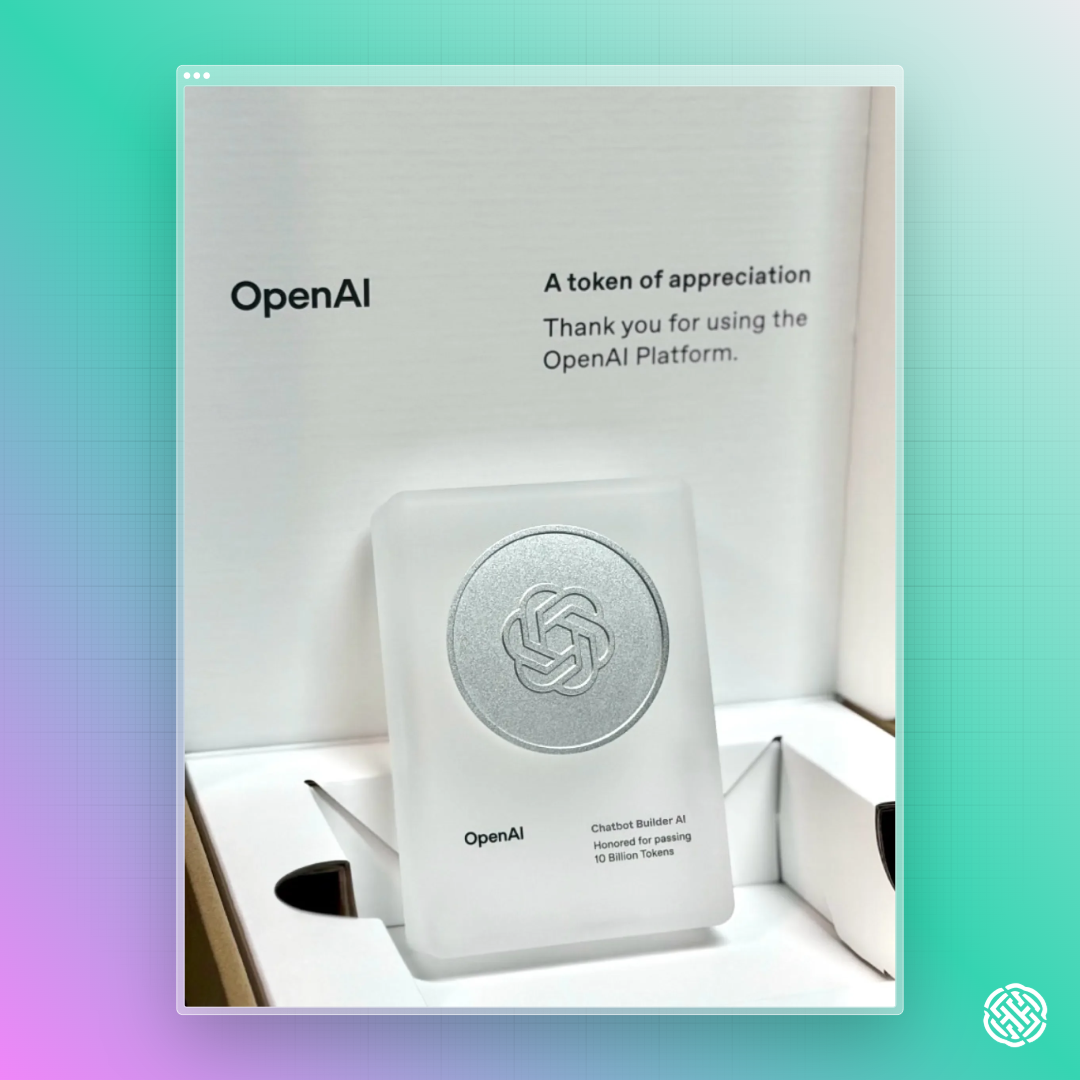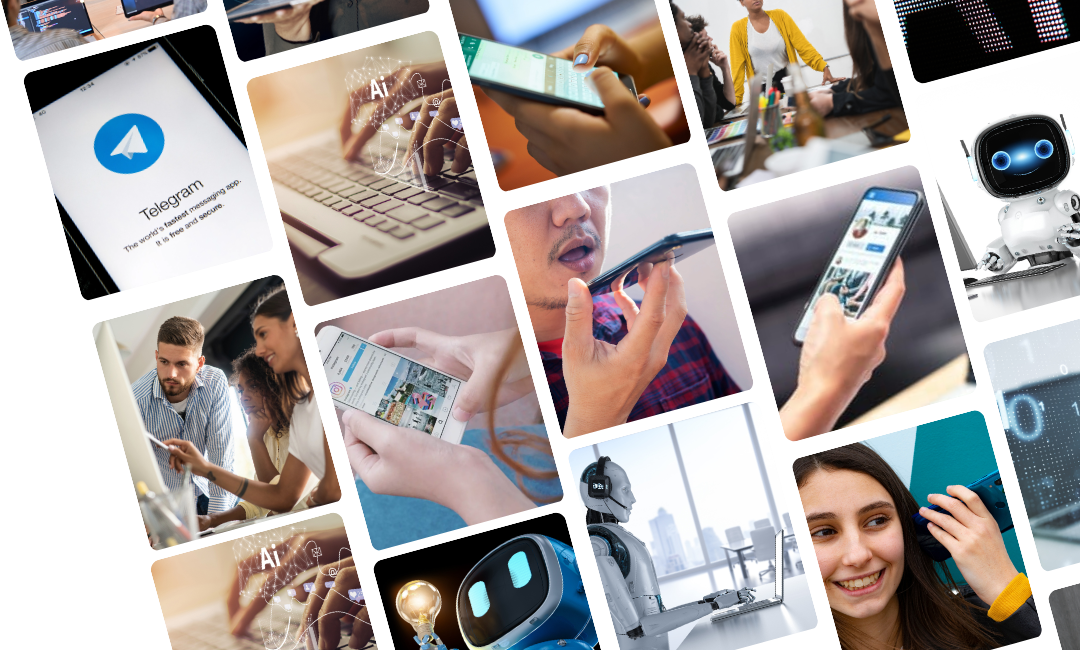
Originally published by Ryan Baggott, Founder of Chatbot Builder AI. Read the full article on Medium
It's True. WhatsApp Is Banning ChatGPT. But Here's What That Really Means.
Yep, it's happening. WhatsApp really is banning ChatGPT starting January 15, 2026. OpenAI themselves confirmed it in their own post:
"Due to a policy and terms change from WhatsApp, ChatGPT will no longer be available on WhatsApp after January 15, 2026." - OpenAI
A lot of people who build bots have already freaked out, but before anyone else says this is "the end of AI chat agents", let's break down what's actually happening, why it happened, and how it could be the best thing to happen for anyone building AI agents and chatbots on WhatsApp.
Why Meta Made This Move

In October 2025, Meta quietly updated its Business API policy to block "general-purpose AI assistants."
That means anything that talks about everything, like ChatGPT or Perplexity, can no longer operate inside WhatsApp.
This was NOT a random technical decision. It was absolutely all about control. Meta wants to own the full experience inside WhatsApp, Instagram, and Messenger.
If billions of people are chatting with an AI every day on their platforms, Meta wants that AI to be Meta AI, not a competitor collecting data or building rival products right under their nose.
Allowing outside AIs to operate directly inside WhatsApp would hand over engagement, data, and traffic to someone else while Meta pays for the servers and bandwidth.
So that's exactly why Meta pulled the plug. This is just Zuck's team holding the line, protecting their ecosystem, owning the experience, and probably laying the groundwork to push their own in-house AI models in the future.
Meta AI vs OpenAI: Two Different Business Models
A lot of Chatbot Builder AI and PayMeGPT.com builders and agencies have asked if we could connect directly to Meta's AI through an API. The reality is, we would love to, but it's just not possible right now.
Meta still doesn't offer a proper REST API for their AI tools the way OpenAI does. Instead, they provide open-source access to their base models like LLaMA for developers and researchers to experiment with.
Beyond that, most of Meta's AI efforts stay focused on what drives their business: using AI to improve ad targeting, generate creative assets, and optimize engagement across their pla
The key difference is simple: Meta currently builds AI to live and operate inside its own apps, while OpenAI currently builds AI designed to power everything outside of them.
Meta's approach is all about control. Their LLaMA models are open for research, but the actual "Meta AI" that runs in their apps is closed off.
It's designed to keep users inside their ecosystem where Meta owns the data, the traffic, and the experience.
OpenAI, on the other hand, takes the opposite route. They host their models in the cloud and let anyone access them through an API.
That's why developers, agencies, and SaaS founders can build entire products on top of OpenAI — and why Chatbot Builder AI and PayMeGPT.com exist in the first place.
It's two different business models. Meta is trying to protect and monetize attention inside its walls. OpenAI is trying to power everything outside of them.
For builders like us, that difference matters. OpenAI gives us the infrastructure to create, launch, and scale custom GPTs and AI Agents.
Meta gives us access to the world's biggest communication channels and lets us deploy our AI Systems for ourselves and clients.
What Meta is doing honestly makes complete sense. It's not anti-AI. It's just good business.
The Meta AI Problem
The problem is, Meta already launched its own "free" ChatGPT-style assistant across Messenger, Instagram, and even a standalone app — but almost nobody uses it. Most people probably don't even know it exists.
For the few who actually use it, it feels more like a toy than a tool. Something to mess around with for five minutes, not something that makes life easier or business better.
That's not a tech problem, that's a storytelling problem. Meta never clearly explained what it's for or why anyone should care.
There's also a cost angle. Running an open-ended AI chat for billions of people is extremely expensive. If most users only use it for quick jokes or curiosity, the economics stop making sense fast.
So instead of going all-in on a universal AI assistant, Meta seems to be focusing on keeping its platforms efficient, secure, and profitable.
Who Really Lost?
For OpenAI, losing WhatsApp access hurts. It's one of the biggest communication platforms on the planet, and this move limits their reach.
But what about the chatbot builders and AI Agencies? This may be the biggest opportunity for many thus far.
Meta's new rule only targets open-ended assistants. Business-focused bots are completely fine. If you build automation for real companies — support, booking, lead generation, e-commerce — you are still in the clear. Actually, your value just went up.
Why This Is Good News For Builders
When big platforms start locking things down, it actually opens up new space for real builders (shout out #CBBNation) — the ones who understand APIs, automation, and how to build powerful AI into the heart of a business so it actually drives results instead of just sounding smart.
That's exactly what our community does best.
At Chatbot Builder AI, we work with all of today's leading LLM providers: OpenAI, Claude, Gemini, Grok, and more. Great builders use every tool available.
But we're also proud to be among the only AI-powered agent and chatbot platforms recognized by OpenAI with a Token of Appreciation for surpassing 10 billion tokens.

That award is basically the YouTube Play Button of AI. It's proof of real scale, real performance, and the kind of creativity our builders bring to life every single day.
So while ChatGPT itself won't live inside WhatsApp anymore, YOU can still create powerful, branded AI Agents and build AI chatbots that run through Meta's approved APIs using Chatbot Builder AI.
No limits. No waiting. Just build.
This Isn't Just WhatsApp Versus ChatGPT
It's part of a much bigger shift happening across the entire tech and business world.
- OpenAI is evolving into a full-blown SaaS powerhouse
- Meta is locking down its ecosystem to protect its data and user base
- Salesforce is quietly replacing massive chunks of its support workforce with in-house AI agents
- Every major player is fighting to own the space where humans and machines talk
The Takeaway
To recap: Yes, ChatGPT and Perplexity are out. Chatbot Builders and AI Agencies are in.
Meta's only shutting down those chat-style AI contacts of the vendors, not the Business API we all build on. Your automations, bots, and workflows are not only safe, they will be more valuable than ever.
The future isn't one generic chatbot sitting in every app. It's thousands of custom AI agents across every platform, running whatever model actually works, built by people who know their stuff.
Get Started with Chatbot Builder AI
Ready to build compliant, powerful AI chatbots for WhatsApp and other channels?
About the Author: Ryan Baggott is the founder of Chatbot Builder AI and PayMeGPT.com. Read his full analysis on Medium.
About Chatbot Builder AI: A leading platform for building AI-powered chatbots and automation across WhatsApp, Instagram, Facebook Messenger, SMS, Telegram, and web chat.


%20(8).png)

.png)